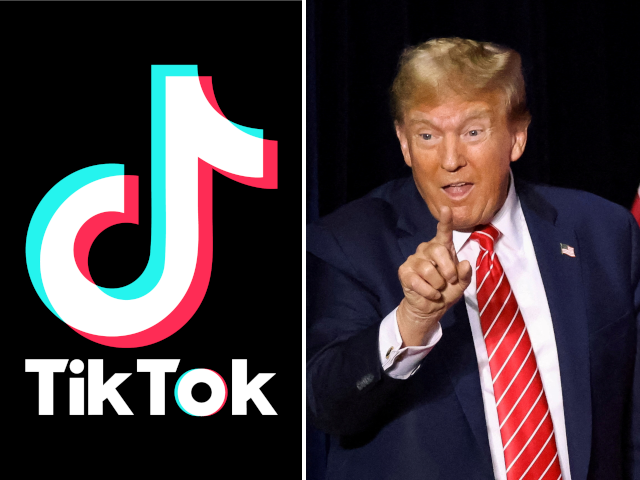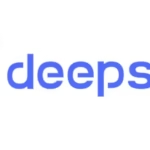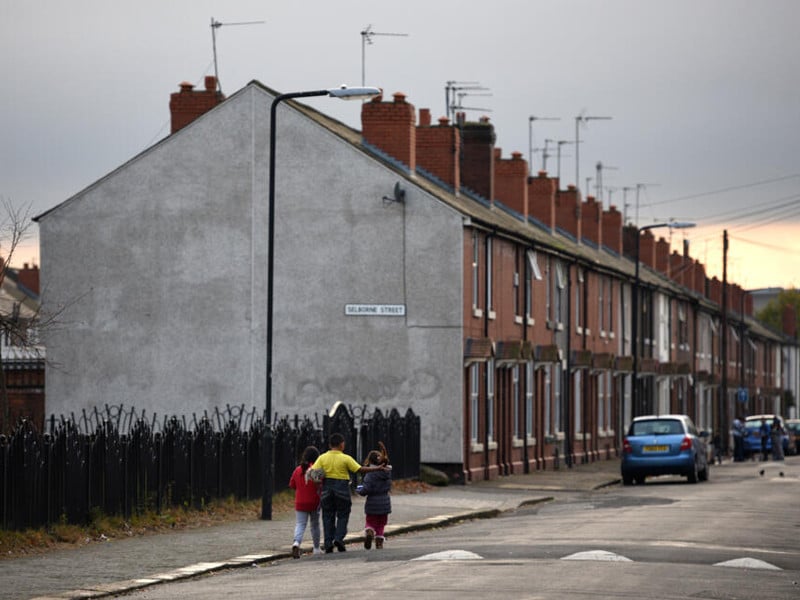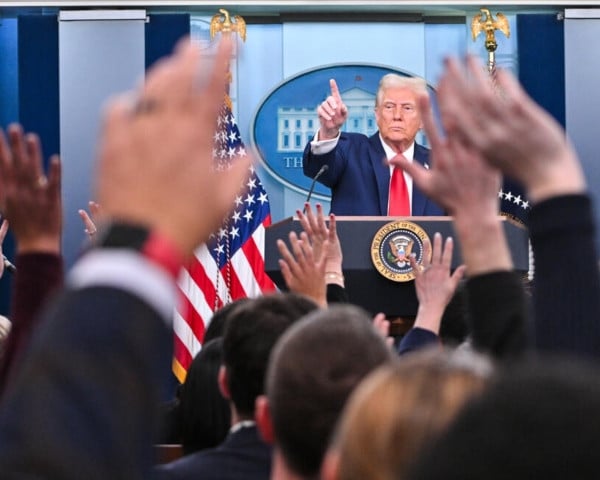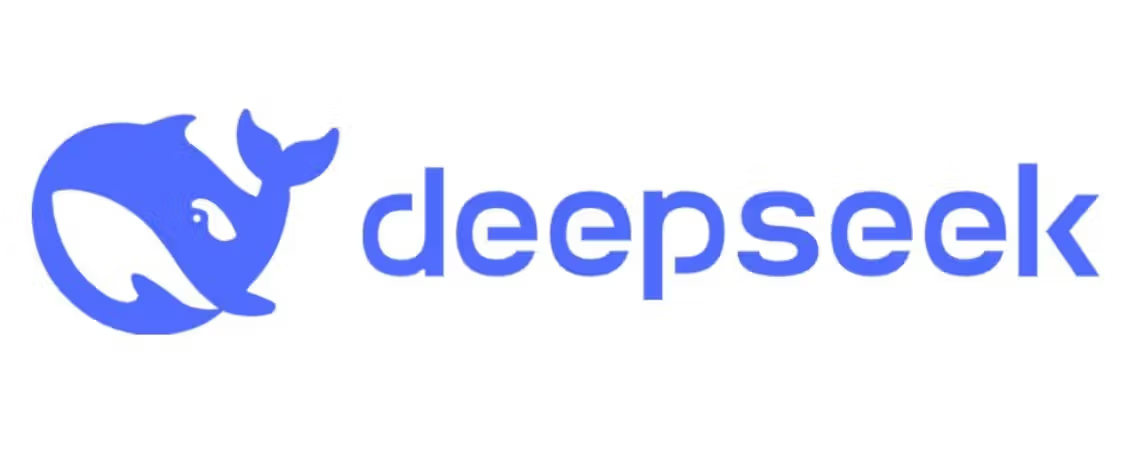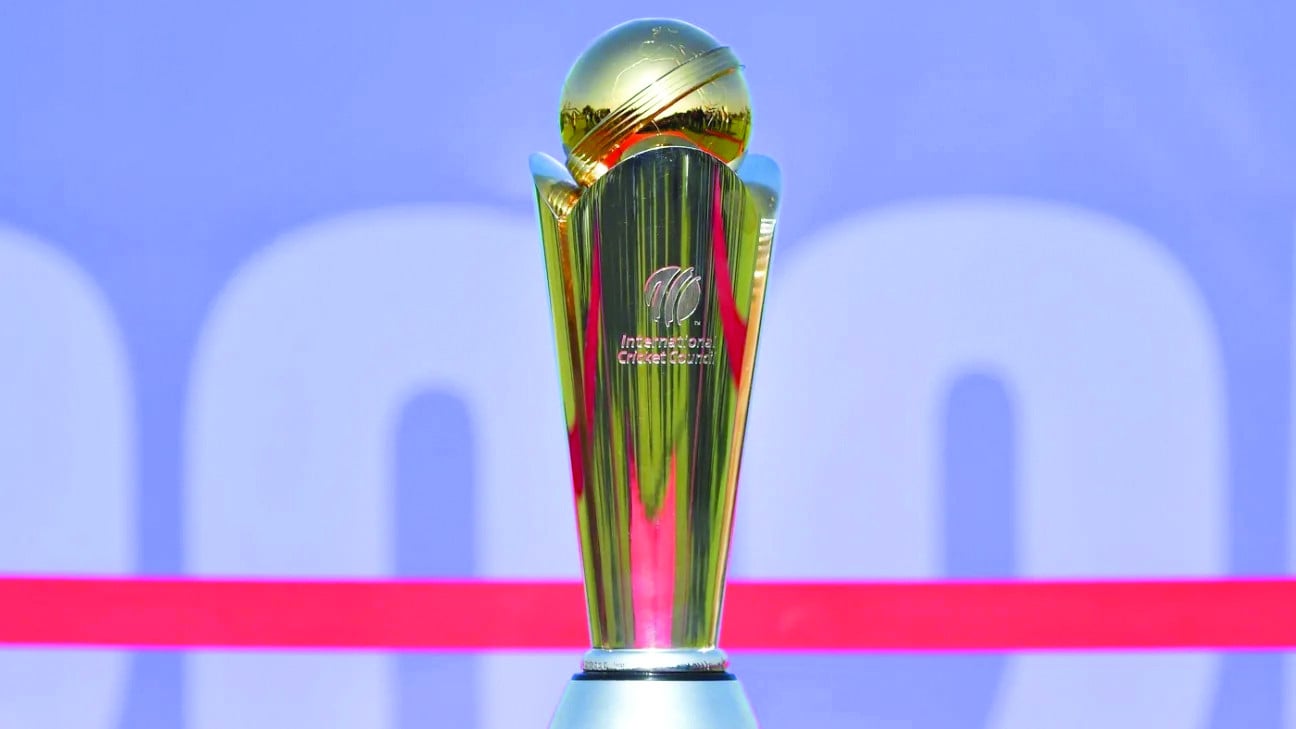US TikTok. Senate passed legislation to block TikTok in December 2023. TikTok has returned, but this time with a few strings attached, following its temporary ban under a series of executive orders under the Trump administration over national security concerns. But now, many US-based TikTok users say they are alarmed by new restrictions and alleged censorship that have accompanied the app’s return.
US TikTok A New Chapter for TikTok in the United States
By the beginning of 2025, months of legal wrangling and engagement with both the US government and ByteDance (the Chinese owners of TikTok) saw the latter enable the app to persevere in the United States, but only under new regulation. The earlier efforts by President Donald Trump to ban TikTok were motivated by concerns about the app’s data collection practices, which were thought to present a national security danger. Under the agreement, TikTok also agreed to more stringent data privacy measures, including the storage of US users’ data on servers located in the United States, and greater transparency about the app’s algorithms. US TikTok
Though many saw the app’s continued operation as a win for millions of American users, many TikTok creators — and everyday users — are now expressing growing concerns about increased censorship and content regulation since the app’s return. US TikTok
Some New Censoring Needs Around272 to52836
Since TikTok’s relaunch in the US market, there have been reports of content being taken down or restricted more aggressively than previously. Users have noticed their posts disappearing or being flagged for violating vague guidelines, and have been given little explanation for the removal by TikTok. Many creators — especially in the realms of political commentary, social justice issues, and topics including climate change, freedom of speech, and human rights — have been vocal about how their posts have been disproportionately targeted. US TikTok
“We’ve always known that social media platforms impose some level of censorship but this feels different,” said Amanda Rivera, a TikTok creator who has over 500,000 followers and produces content focused on social issues. “Since TikTok returned under these new conditions, my content has been shadowbanned, and posts that aren’t even controversial are being taken down.”
The platform’s algorithm, which had previously been known for circulating viral content based on engagement, has also been under scrutiny. Some users feel that TikTok is increasingly curating content in a way that favors certain topics or political perspectives, leading to other views being stifled.
That’s TikTok’s response to the backlash
TikTok, however, in reaction to the apprehension, confirmed in a statement that it is committed to free expression on the platform, and it will continue to comply with the regulatory order of the US government. The company said the new censorship rules were part of its attempt to balance the need for users to be safe and have the content that they consume moderated with respect for the laws of the United States. US TikTok
“We are committed to ensuring that all voices on TikTok are heard and that users feel empowered to share their creativity and opinions,” a TikTok representative said in a statement. Our community guidelines continually evolve to reflect the needs of our diverse global community,26 and we regularly review our policies in light of their applicability, fairness, transparency, and compliance with US law.27
However many users have said they are not convinced, raising the question of whether the platform’s reassurances are enough to protect free speech on the app. Some have even gone so far as to accuse TikTok of caving into political pressure, following the greater scrutiny by US authorities and the app’s ownership by a Chinese company. US TikTok
Government Oversight: The Privacy vs. Security Debate
One of the pieces driving TikTok’s revival is the increased attention it faces from the government. US regulators have also moved to mandate requiring TikTok to reveal more details about why and how it handles data, what links it has to the Chinese government, and how it moderates content. The regulations come amid increasing worries that the app could be used to sway public opinion, especially during election seasons, and that it can collect large amounts of personal information from users.
Advocates for the legislation have argued for increased regulation as a means of protecting US interests and national security, while critics have warned that it will have the effect of curbing creativity and infringing on privacy rights. Another area of contention is whether government interference could result in greater political censorship on the platform. US TikTok
“There’s a very slippery slope for the government to be involved in dictating what kind of content can and can’t be shared on a platform like TikTok,” said Tyler Jameson, a digital rights activist. “It’s one thing to protect national security, but when we see the government getting directly involved in shaping what goes on social media, we’re entering dangerous territory.”
A New Landscape for Social Media Users
TikTok’s revival under these new terms marks an evolution in US TikTok the social media regulatory environment in the United States. Platforms like Facebook, Twitter, and YouTube have faced similar calls as pressure has mounted to create tougher content moderation standards, leaving users to wonder where the line will be drawn between public safety and free speech. US TikTok
Some are seeking replacements for TikTok and are considering other platforms that claim to offer less censorship and more privacy. But others remain fans of TikTok, noting its potential to bring people from all over the world together and create a new avenue for creativity and activism.
“We can’t allow fear to dictate what we say or share,” Rivera said. “TikTok has served as a powerful platform that has elevated voices that otherwise would have gone unnoticed, and we cannot lose that over these new regulations.” US TikTok
Looking Forward
The app’s fate in America was unsettled as TikTok figures out its future under new US directives. Over the coming months, we can expect both users and content creators, as well as policymakers and regulators, to keep a close eye on the way TikTok maneuvers through the intricacies of US politics and the tangle of data security, free speech, and misinformation. The next few months might well shape whether TikTok can remain the beloved cultural force that keeps it afloat or whether it will be no different than an extension of censorship and government oversight like any other platform.
